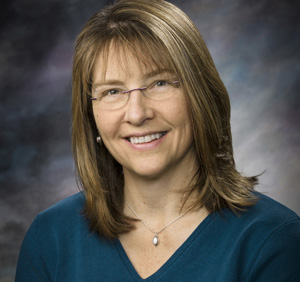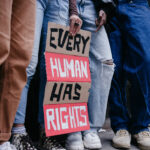
Beth is a nurse and is the Sustainability Coordinator at St. Patrick Hospital in Missoula. She’s led efforts to help the hospital eliminate several harmful chemicals:
• Mercury-free. The hospital has eliminated 95% of mercury use.. From thermometers, to sphygmomanometers, to weighted tubings used in clinical settings, safer alternatives have been found .
• DEHP-free. 95% of the IV tubings that once used DEHP (diethylhexlyphthalate) as a softening agent for the IV tubings are now DEHP free, which means patients and staff are not exposed to this chemical.
• Triclosan-free. Triclosan is a common antimicrobial chemical used in healthcare and many consumer products. However, it is linked to hormone disruption, particularly thyroid. As of this fall, St. Pat’s is eliminating triclosan in its soaps. A safer alternative will be used in direct care settings and plain soap used in non-clinical areas.
• St. Pat’s hosts the annual conference on environment and health “Turning the Tide: Reclaiming Human Health by Restoring the Planet.” With WVE staff, and with guest speakers such as Dr. Ted Schettler, they have addressed issues of chemical health and safety. Watch for next year’s upcoming conference on March 8-9, 2013.
Beth also sits on the board of the Clark Fork Coalition in Missoula, and was part of WVE’s 15th Anniversary planning committee. Beth is the recipient of WVE’s first award for Community Engagement in Women’s Health and Environment,





